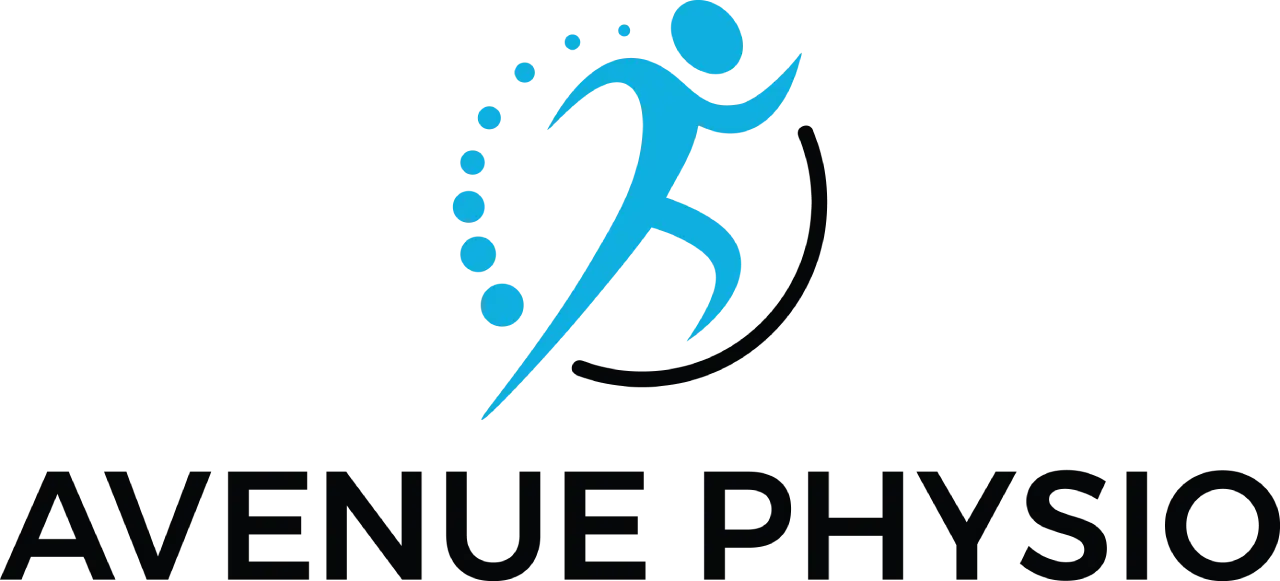Patient treating hours:
Tuesday 10:30am – 6:30pm
Wednesday 10:30am – 6:30pm
Friday 10:30am – 6:30pm
Education:
Bachelor of Kinesiology (University of Calgary) 2007
Masters of Physiotherapy Studies (University of Queensland) 2011

